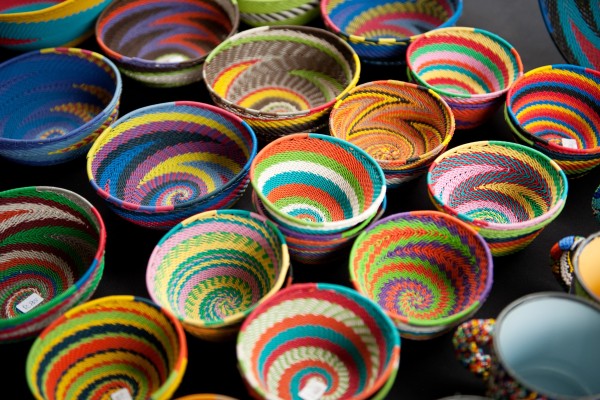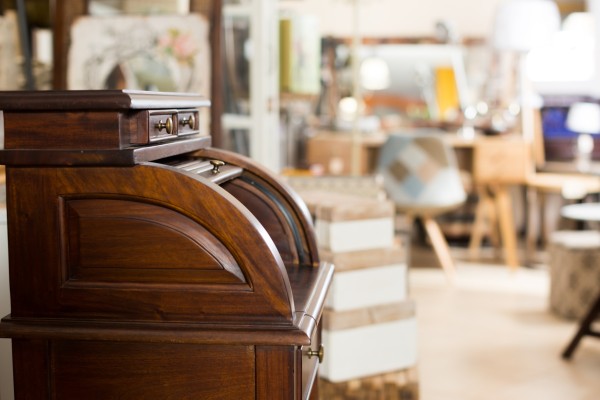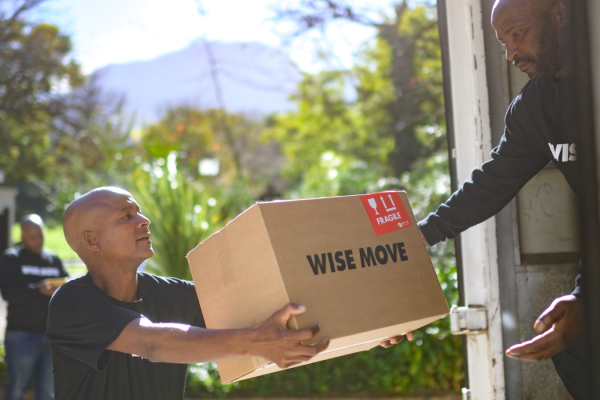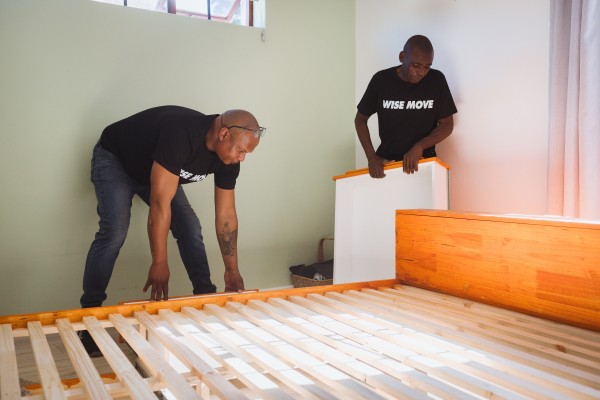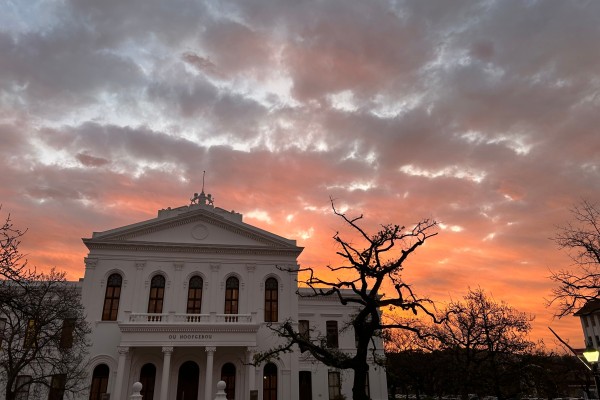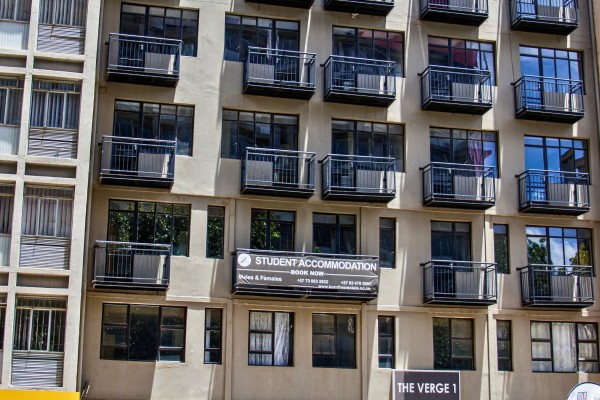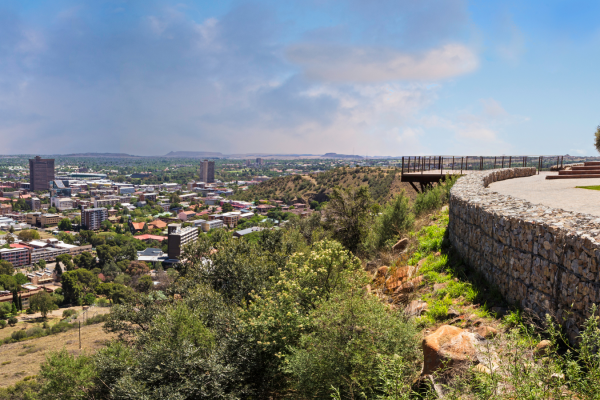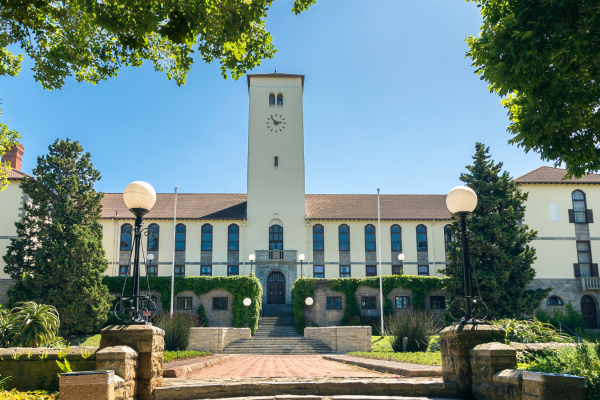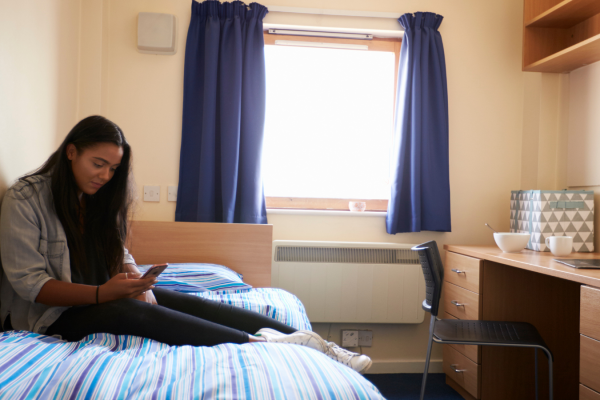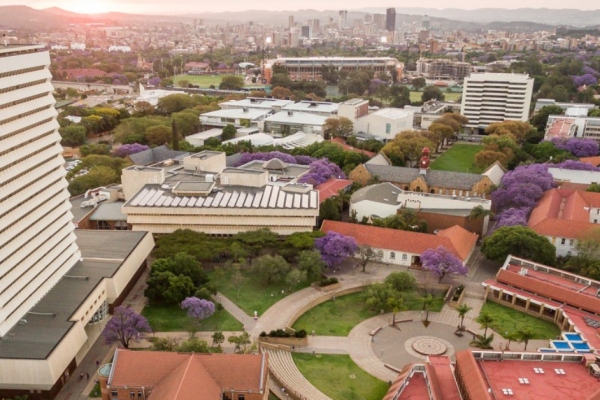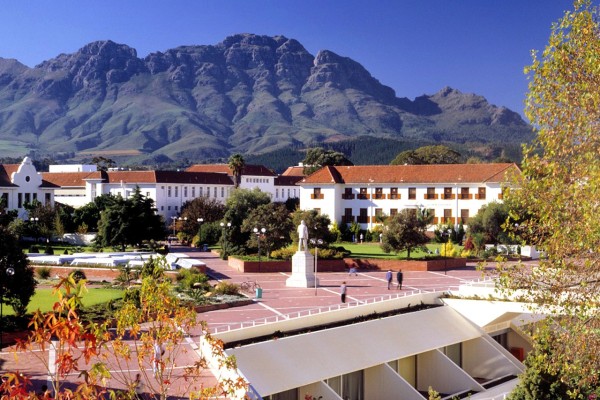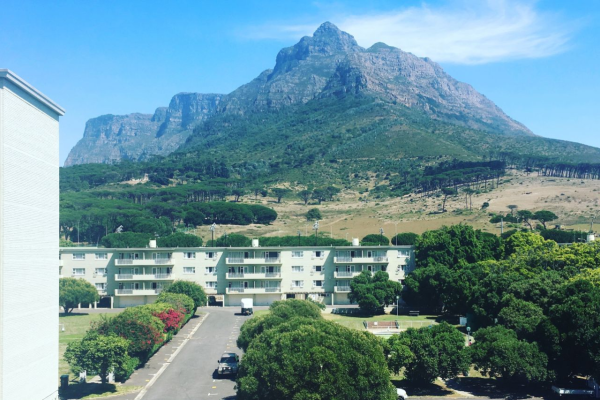Student accommodation in Durban: Your guide to living and studying in Durbs
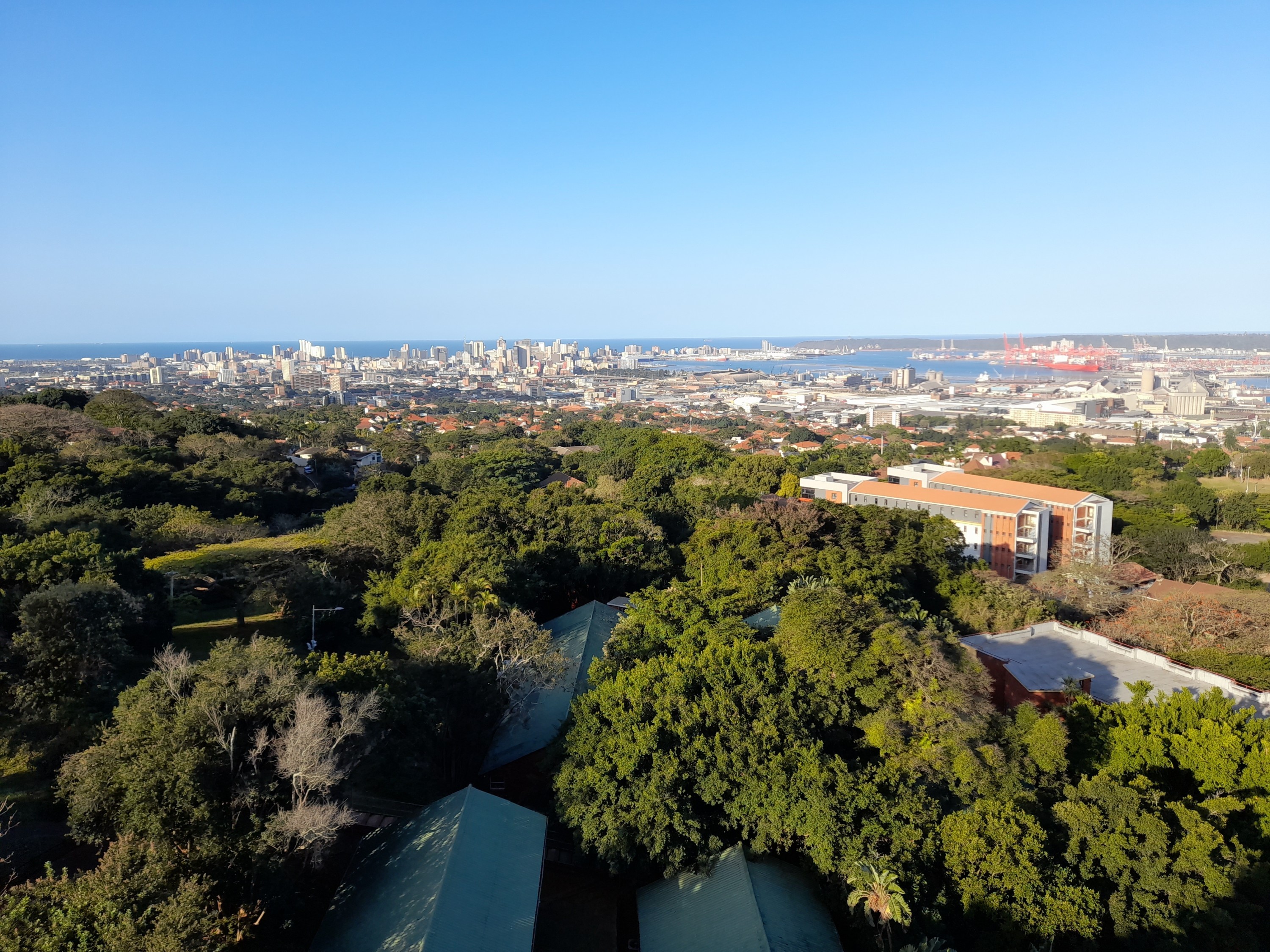
From strolling along the iconic Golden Mile after class to grabbing a bunny chow with friends or soaking up the sun between lectures, student life can hardly get better than in a city like Durban.
But first, there’s one big thing to figure out: where you're going to live.
With thousands of students vying for student accommodation, it’s best to get ahead of the game. But how do you start looking if you don’t know the options, how student accommodation works, or the lay of the land?
This guide takes you through everything you need to know, from the different student accommodation options and student-friendly neighbourhoods to the average costs and hidden gems for finding accommodation.
Let’s help you find your home away from home in Durbs.
Top tertiary institutions in Durban
As one of South Africa’s biggest cities, Durban is a hub of tertiary education.
View this post on Instagram
Here’s a list of the tertiary institutions that bring thousands of students to Durban each year.
- University of KwaZulu-Natal (UKZN)
- Durban University of Technology (DUT)
- Boston City Campus
- Rosebank College
- The IIE’s Varsity College
- ETA College
- NewBridge Graduate Institute
- Berea Group of Colleges
- Richfield
- Pax College
Student accommodation options in Durban
Students in Durban have 3 main types of student accommodation to choose from, each varying in cost, privacy, and independence.
1. Student residences
Student residences are run by the institution, and are usually the easiest accommodation for new students to secure and move into. They’re made up of large dormitories, kind of like a boarding house.
Students can opt for a single, a shared double, or a shared triple room. Each room comes fully kitted out with a bed, mattress, desk, chair, cupboard, and shelves.
- Pros: Built-in student community that's close to campus. Rooms come fully furnished.
- Cons: Less flexibility and privacy.
University of KwaZulu-Natal Residences
UKZN has a host of student residences to house almost 20,000 students. There are several residences at each of its 4 campuses:
- Westville Campus
- Edgewood Campus
- Howard College and School of Medicine
- Pietermaritzburg Campus
Student residence options on UKZN's campuses
- On-campus residences: Self-catering residences on campus with single or double rooms. Full access to banking services, shops and cafeteria facilities.
- Off-campus university-owned residences: Sharing flats situated away from a campus. Full access to relevant amenities, such as shopping malls, hospitals, public transport and more.
- Off-campus leased residences: Fully furnished shared rooms, kitchens, and bathrooms, owned by private landlords.
View this post on Instagram
2. Private residences
Private residences are popular because they offer students an ideal combination: a fully independent flat within a structured student community. They are typically modern, all-inclusive student properties, with fully furnished private rooms, en-suite options, a private kitchenette, security, wifi, cleaning, and social spaces.
You can choose to have your own little flatlet or share in a two- or three-bedroom. These are great if you want social life and support, but more freedom than a university residence.
- Pros: Often newer with more amenities and more privacy.
- Cons: Can be quite expensive for a small space.
Top private residences in Durban
View this post on Instagram
3. Off-campus housing
This is your ‘independent living’ route. You or a group of friends rent a house or flat, share rooms, manage your own bills, get your own furniture, and have more freedom. The rent may be cheaper (per person) if you share well.
Options range from budget rooms in older houses to fully furnished one-bed flats. The variety means that you can find accommodation that suits your specific needs.
If you are part of NSFAS (National Student Financial Aid Scheme), then you’ll need to find out which private accommodation options are covered by your bursary. Click here for the list of NSFAS-accredited accommodation for UKZN campuses.
- Pros: Maximum freedom and often more affordable if you share.
- Cons: You are fully responsible for utilities, internet, and furniture. It may, however, be further from campus.
Best areas in Durban for student accommodation
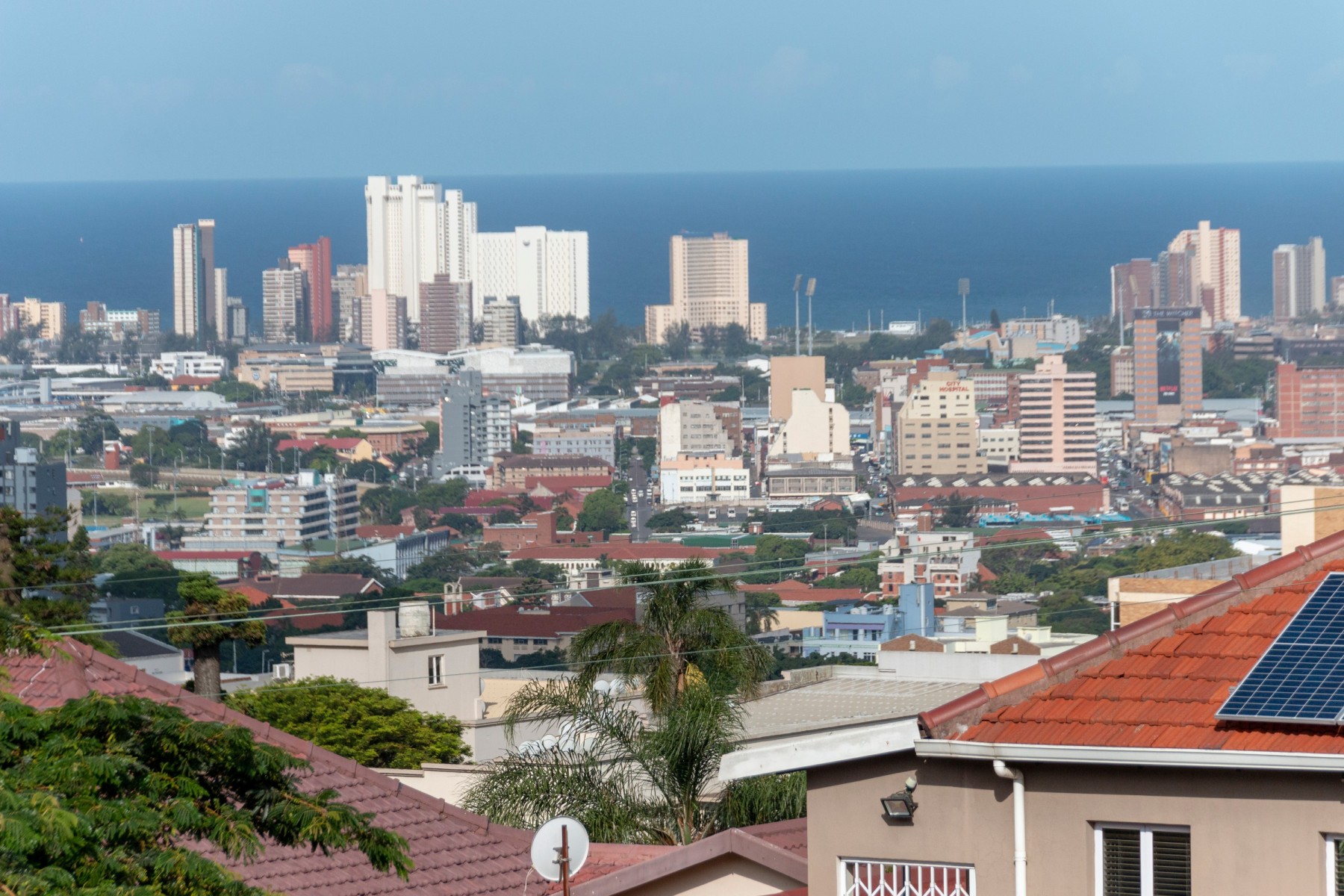
Students tend to concentrate in a bunch of Durban suburbs, each offering something a little different. It can be tricky to know which one is best for you. Here’s a brief rundown of the popular Durban suburbs for student accommodation.
Glenwood
Glenwood is one of Durban’s most popular student suburbs, and for good reason. It’s right next to the UKZN Howard College campus, making it a hotspot for students who want to live close to class.
The area has a relaxed, artsy vibe, filled with local cafés, second-hand stores, and the famous KZNSA Art Gallery. You’ll find plenty of affordable shared houses, flats, and student residences, with rent prices generally sitting in the middle range. Plus, the Victorian and Edwardian houses give it that extra flair.
Berea
Berea sits on the ridge overlooking Durban’s city centre, offering leafy streets, great views, and lots of student accommodation options. It’s close to multiple campuses, including DUT, Varsity College, and Boston City Campus
It’s also a short drive to the beach and shopping malls. The neighbourhood is slightly quieter than Glenwood but still has a strong student presence and easy access to public transport.
Explore the top beaches and coastal activities in Durban to balance your studies with a bit of play.
Durban Central
Situated in the hustle and bustle of the city, Durban Central is ideal for students studying at DUT’s City Campus or nearby colleges. There have been conversions from offices to student accommodation, creating a bunch of affordable shared housing options.
Some buildings are older and vary in quality. Also, take into account that the busy CBD can be noisy and less secure at night. While the buzz of the city can be exciting, students should look for well-managed properties and prioritise safety.
Morningside
If you’re looking for something a bit trendier, Morningside is the place to be. It sits in a small northern pocket of the larger Berea area. You’ll find more upmarket and modern student apartments here. Although pricier than Glenwood or Berea, it offers a great lifestyle and a vibrant social scene.
Notably, it’s home to the famous Florida Road, which is the hive of student activity. This street is colourful and buzzing with coffee shops, restaurants with live bands, and sports bars.
For more ideas on where to eat, relax and explore, check out our guide to the best things to do in Durban for students and visitors alike.
Westville
Westville has a peaceful, leafy vibe, perfect for students who prefer a quieter lifestyle. Plus, it’s home to the UKZN Westville campus, making it a super convenient option.
You’ll find a mix of student houses, townhouses, and apartments, often offering more space for your money compared to central Durban.
Musgrave
Musgrave offers the best of both worlds: it’s close to Berea and Glenwood, but with a bit nicer properties. It has the convenience of the Musgrave Centre shopping mall and plenty of cafés and restaurants.
The area has a mix of student flats and private apartments, often mid-range in price, with public transport and amenities nearby.
Glenmore and Umbilo
Glenmore and Umbilo are a good choice for students on a tighter budget. These affordable areas are just south of UKZN’s Howard College campus.
There are student houses and private residences that offer shared rooms or basic apartments at lower prices. While the areas are older and less polished, they’re ideal for students who are looking for affordability and proximity to campus.
How much does student accommodation in Durban cost?
While Durban is one of the more affordable cities in South Africa, the cost of student accommodation can vary depending on several factors:
- Type of student accommodation
- The area
- The number of rooms
- The amenities
- The quality
View this post on Instagram
Here’s a breakdown of the estimated prices for each type of student accommodation in Durban. Bear in mind how these factors can impact the final price.
|
Type of accommodation |
Price range |
|
Student residence |
R3,800 to R5,500 per month |
|
Private residence |
R6,000 to R12,000 per month |
|
Apartment/house |
R2,500 to R8,000 per month |
Where to find student accommodation in Durban
Once you’ve decided on the best type of student accommodation and Durban suburb for you, the next step is to secure it. Here are the different places you can look to find and lock down your student accommodation:
Student residence
Your institution’s website should have all the information on its student residence options and how to apply. Just make sure to apply early to secure your spot, as space is limited.
Private residence
Search the private accommodation’s website to find out if there is availability and the application process.
Off-campus housing
To browse available apartments, houses, and flat-shares, check out the following:
- Property websites like Property24, Private Property, Gumtree, and DigsConnect
- Flat-share websites like RentUncle and Roomies
- Facebook groups like Student Accommodation Durban
Make a wise move to your student accommodation
After you’ve secured your student accommodation in Durban, the next step is getting there. Start by reading our student moving guide for tips on packing, budgeting and move-in day, then use Wise Move to find a trusty and affordable student moving service that won’t break your student budget.
In just a few clicks, you can compare and book the best student moving teams, wherever you are in South Africa. You can let the professionals focus on getting your stuff to your new home, while you can focus on starting your student life in the stunning city of Durban.
What do our customers say?
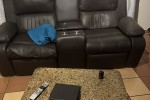
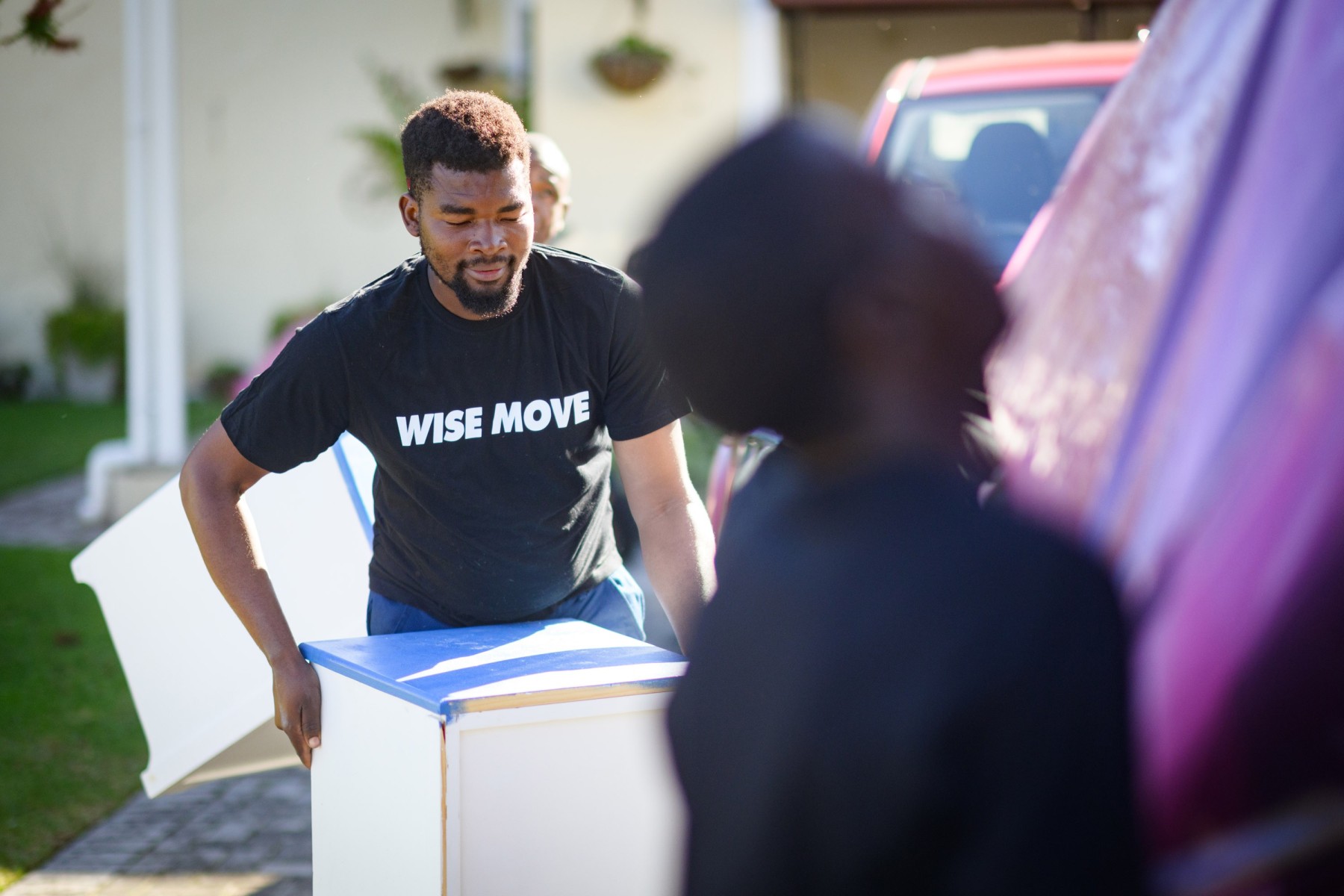
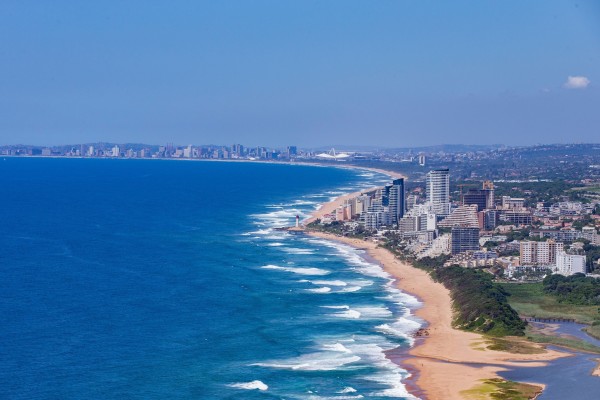
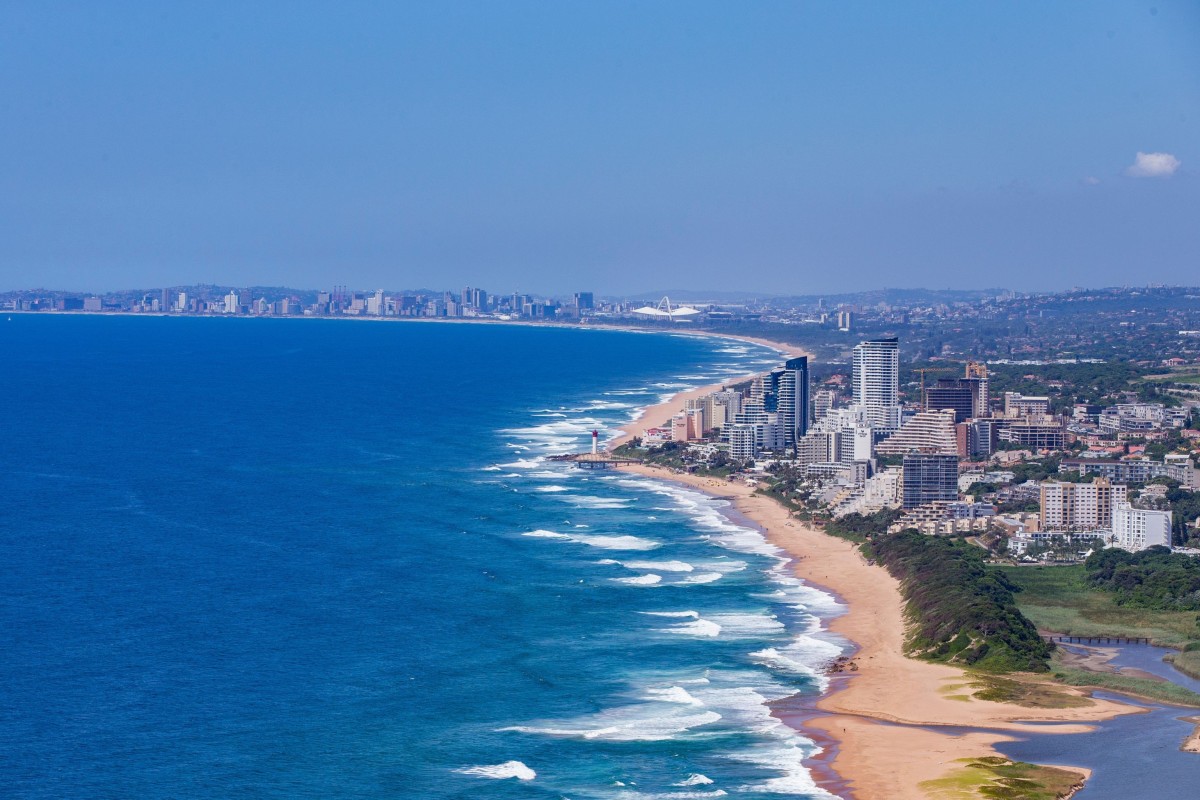
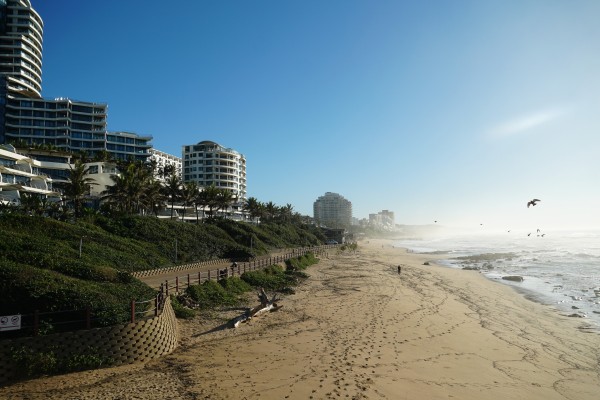
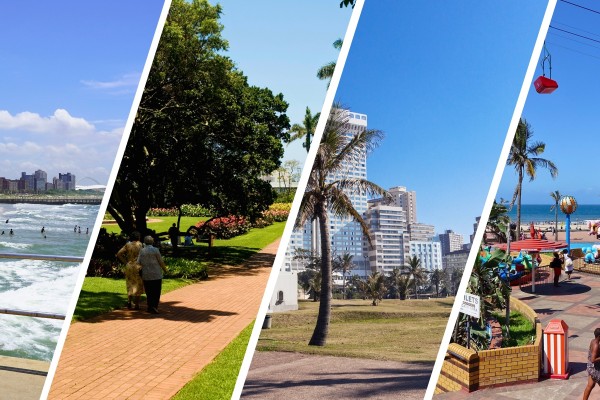
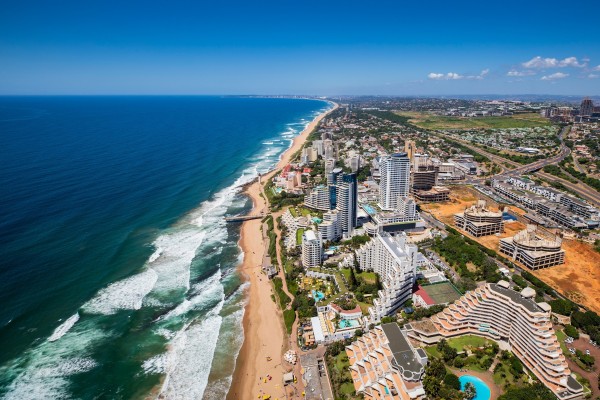
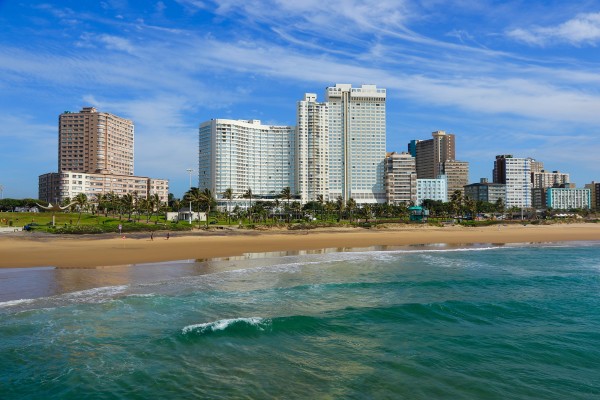
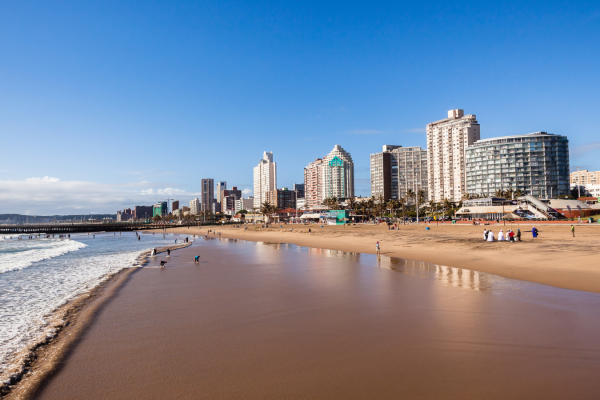
![The Cost of Living in Durban [2025] The Cost of Living in Durban [2025]](https://cdn.wisemove.co.za/image/blog/33d6922f3018eeb43ebed98163e7b2cd.jpeg)
